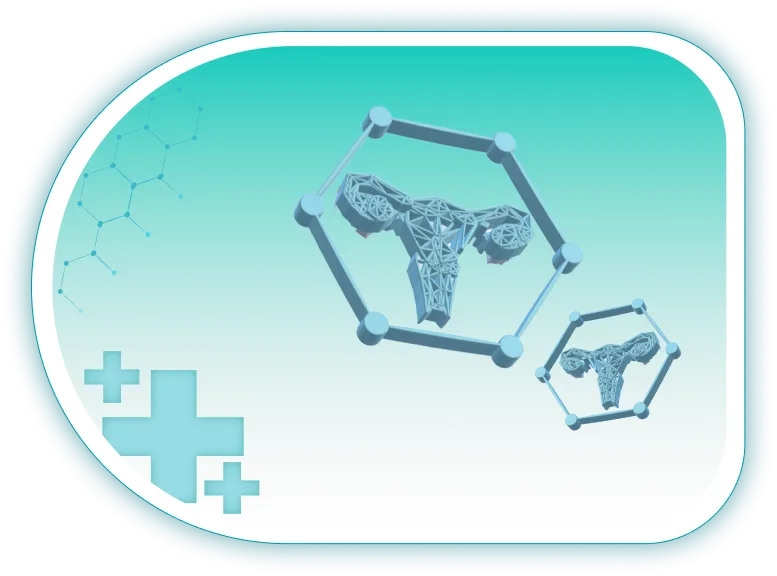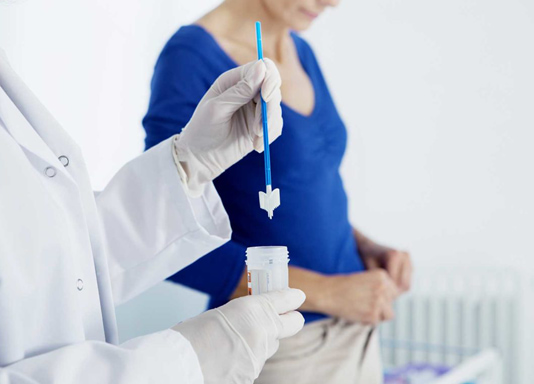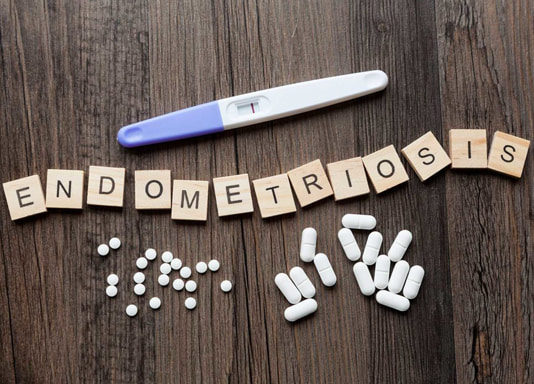
Dr. Martin Sillem
Obstetrics & Gynecologist





Navigating the changes of perimenopause or postmenopause? German Medical Center offers comprehensive support and personalized care to manage your symptoms and enhance your well-being.
Our expert gynecologists provide compassionate guidance and effective treatment options, empowering you to embrace this new chapter with confidence. Schedule a consultation and rediscover your vitality.
By booking an appointment with German Medical Center.
Our team of experts are passionate about providing only the best quality care and treatment to their patients.

Obstetrics & Gynecologist

Obstetrics & Gynecologist

Obstetrics & Gynecologist

Obstetrics & Gynecologist
“Perimenopause” is the period of time leading up to menopause, during which a woman’s hormone levels start to fluctuate and her body begins to transition into menopause. This can happen anywhere from a few months to several years before menopause, and it’s often marked by symptoms like irregular periods, hot flashes, mood changes, and more.
“Postmenopause” refers to the period of time after a woman has gone 12 consecutive months without a menstrual period. At this point, hormone levels have stabilized at a new, lower baseline and menopausal symptoms may begin to subside. However, postmenopausal women are still at increased risk for certain health conditions, such as osteoporosis and heart disease, due to the hormonal changes that occur during menopause. It’s important for women to continue to prioritize their health and wellness during and after menopause.
Perimenopause, or the time leading up to menopause, and postmenopause, or the time after menopause, can both cause a range of symptoms as hormone levels shift and the body adjusts. Some common symptoms of perimenopause include:
Postmenopausal women may experience some of the same symptoms as perimenopausal women, but they may be less severe. Additionally, postmenopausal women may be at increased risk for certain health conditions due to the hormonal changes that occur during menopause. These can include:
It’s important for women to talk to their ob gynecologist about any symptoms they’re experiencing during perimenopause or postmenopause, as there are several menopausal syndrome treatment and lifestyle changes that can help manage these symptoms and improve quality of life.
The primary cause of these changes is the natural aging process, which affects the ovaries’ ability to produce estrogen and progesterone, the hormones responsible for regulating the menstrual cycle and supporting fertility.
In perimenopause, estrogen levels may fluctuate, leading to irregular periods and a range of symptoms such as hot flashes, night sweats, and mood changes. As a woman moves into postmenopause, her hormone levels will continue to decrease, leading to the end of menstruation and a lower overall level of estrogen and progesterone in the body.
Other factors that can affect the timing and severity of perimenopause and menopause include:
There are several menopause medical treatment that are available to manage the symptoms of perimenopause and postmenopause:
It’s important to work with the best ob gynecologist in German Medical Center to determine the best menopause symptoms treatment approach for individual symptoms and health history.
Yes, postmenopausal women are at increased risk for certain health conditions due to the hormonal changes that occur during menopause. These health risks include:
It’s important for postmenopausal women to prioritize preventative care and regular check-ups with their healthcare provider to manage these health risks. Lifestyle changes, such as eating a healthy diet, exercising regularly, and not smoking, can also help reduce the risk of these conditions.
No results found.







Partner with:
Partner with:


German Medical Center is one of the leading medical institution in Dubai formed by a group of specialists who are passionate about providing the personalized care tailored to the patient's unique needs.
Fill out our easy online form to book an appointment with German Medical Center. Our team of experts is dedicated to providing you with personalized care and guidance every step of the way. Don't wait, take charge of your well-being and schedule your appointment now!